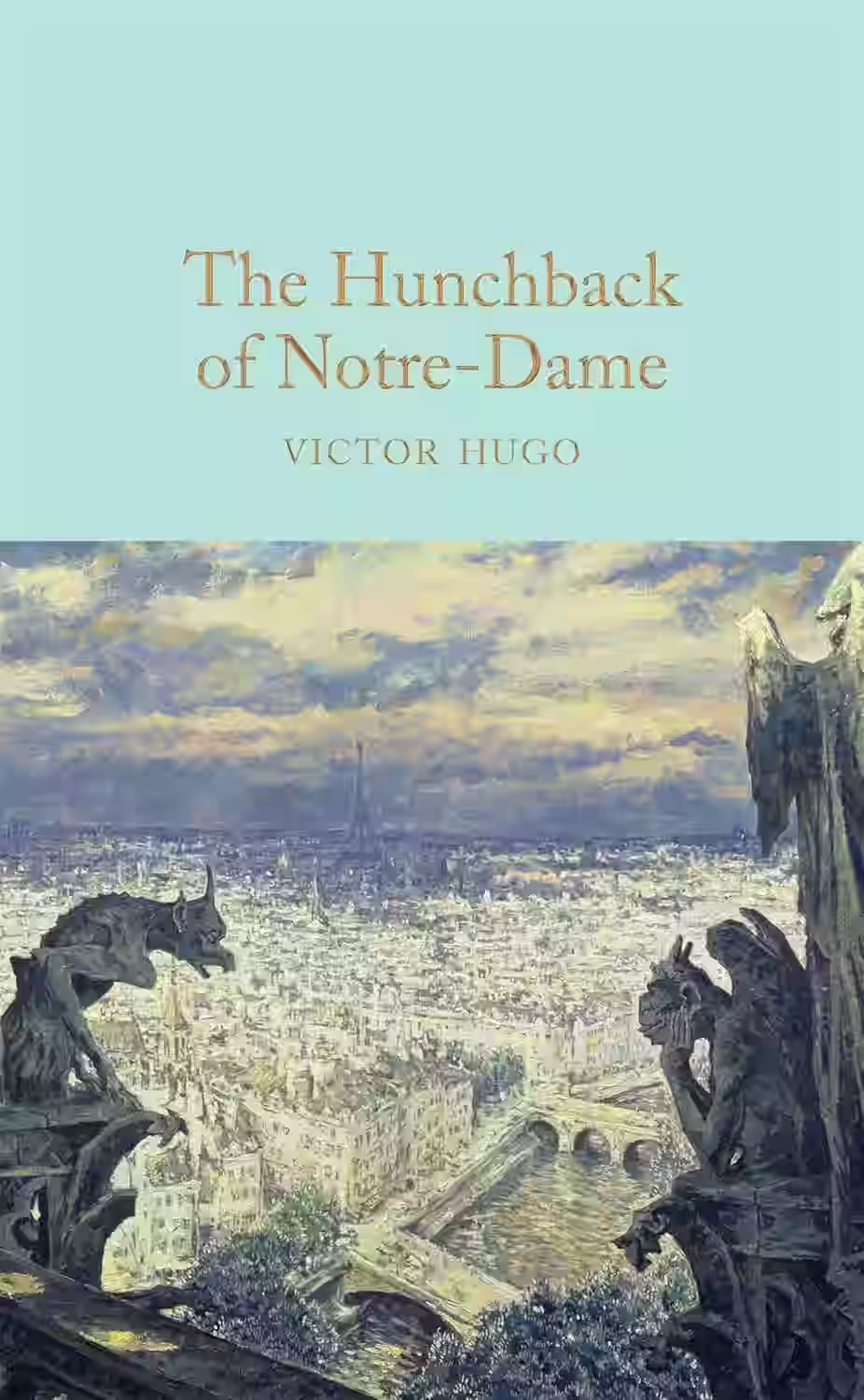
An emotionally stirring story, Victor Hugo's The Hunchback of Notre-Dame is rightfully considered to be one of the finest novels ever written. Rejected by fifteenth-century Parisian society, the bell-ringer Quasimodo believes he is safe under the watchful eye of his master, the Archdeacon Claude Frollo. But after Quasimodo saves the beautiful Romani girl Esmeralda from the gallows and brings her to sanctuary in the cathedral, he and Frollo's mutual desire for her puts them increasingly at odds, before compassion and cruelty clash with tragic results.
About Victor Hugo
A French poet, novelist, and dramatist, a towering figure of the Romantic movement. His monumental novels, Les Misérables and The Hunchback of Notre-Dame, are celebrated for their epic scope, social commentary, and deeply human characters. Hugo's work championed the downtrodden, explored themes of justice, redemption, and love, and often critiqued societal injustices. His passionate prose, vivid descriptions, and profound moral vision cemented his status as a literary giant and an enduring voice for humanity.
Other Books by Victor Hugo
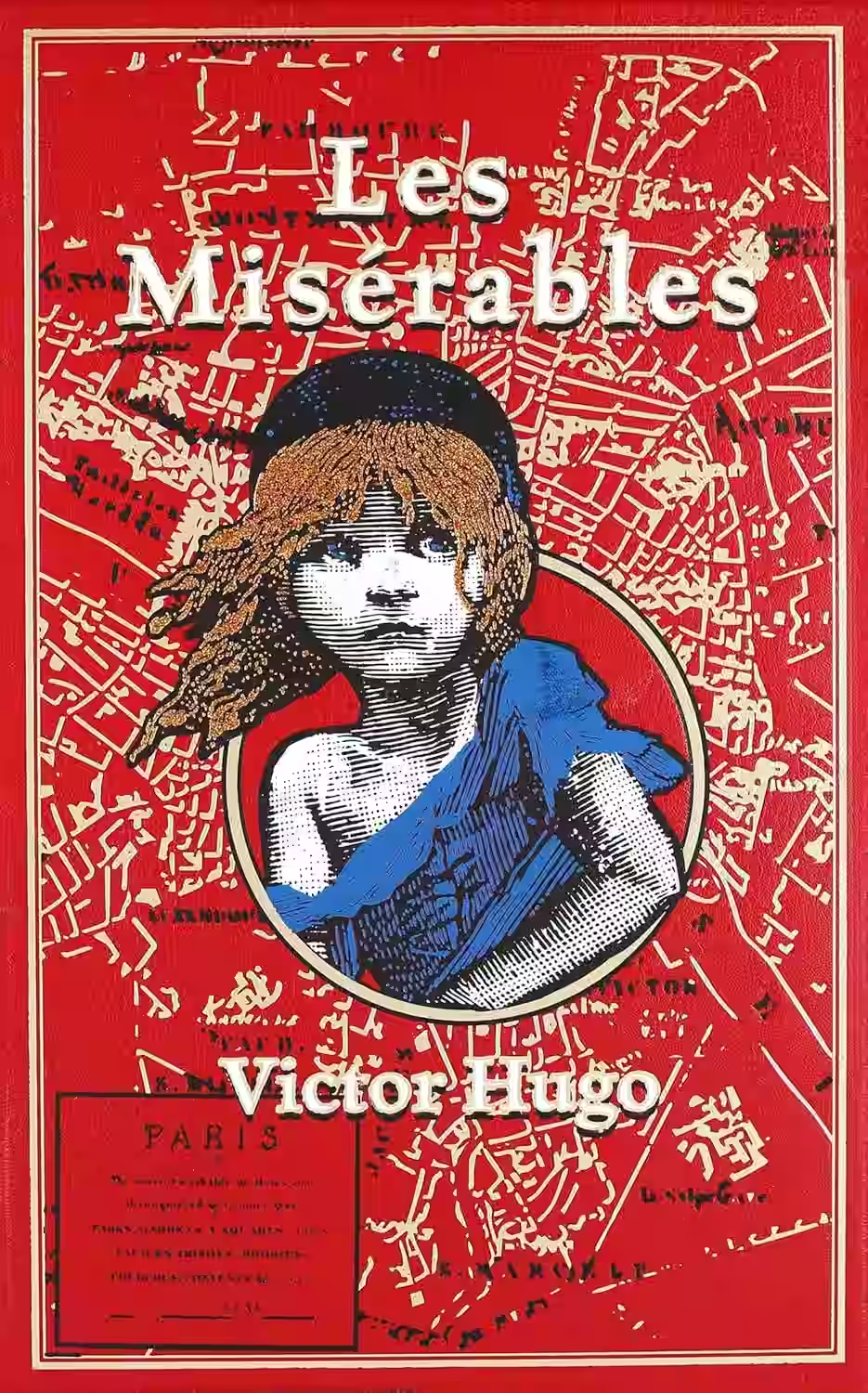
Les Miserables
by Victor Hugo
Victor Hugo’s Les Misérables is an epic novel set in 19th-century France that follows the redemption journey of Jean Valjean, an ex-convict pursued by the rigid inspector Javert. The book weaves together stories of love, revolution, injustice, and mercy, featuring characters like the destitute Fantine, her daughter Cosette, and the student Marius. A profound social commentary on poverty, class, and morality, it combines human drama with philosophical reflection. Its enduring themes and sweeping narrative have made it a cornerstone of classic literature.
Similar Books
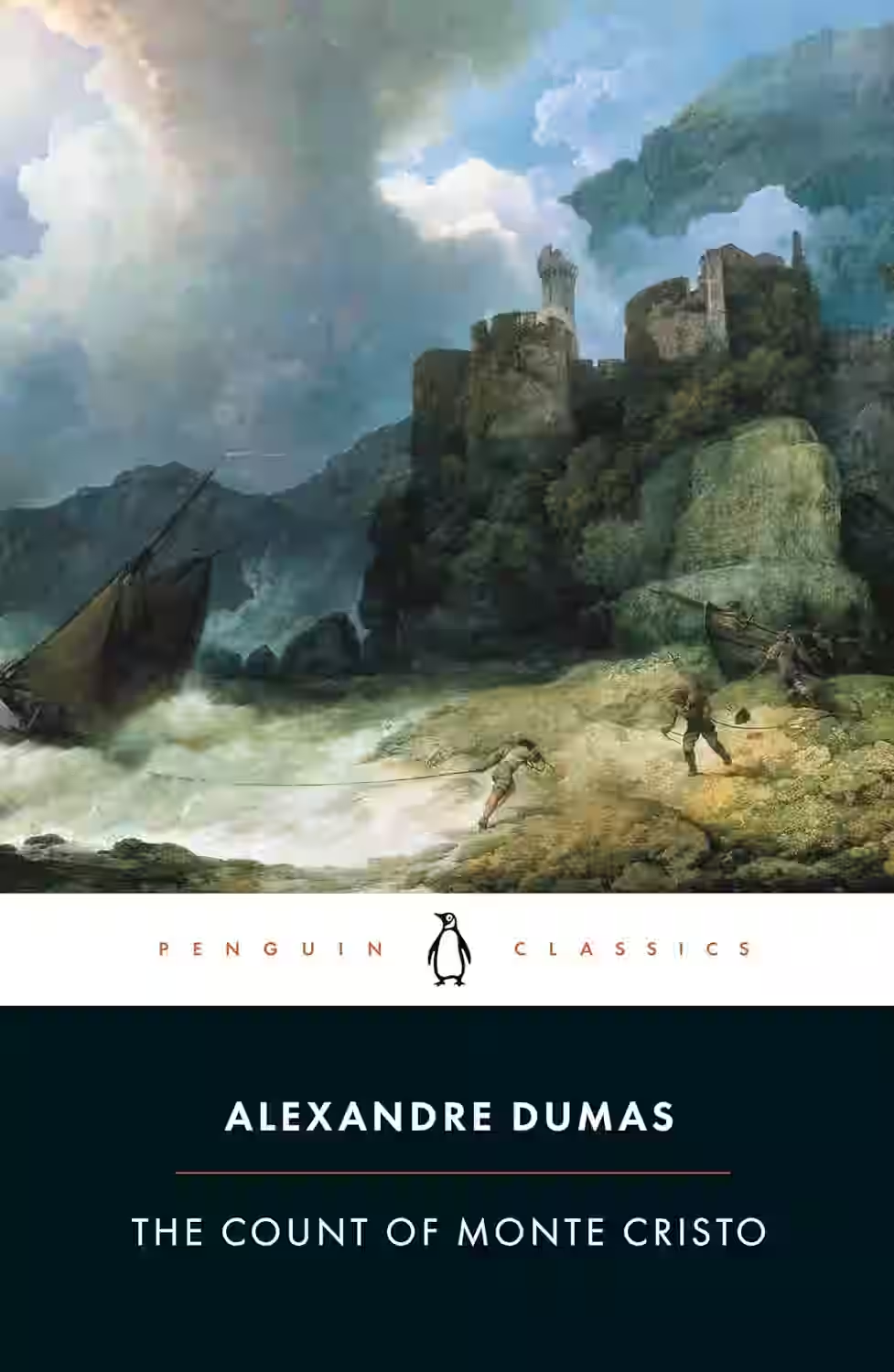
The Count of Monte Cristo
The epic tale of wrongful imprisonment, adventure and revenge, in its definitive translation Thrown in prison for a crime he has not committed, Edmond Dantès is confined to the grim fortress of If. There he learns of a great hoard of treasure hidden on the Isle of Monte Cristo and he becomes determined not only to escape, but also to use the treasure to plot the destruction of the three men responsible for his incarceration. Dumas’ epic tale of suffering and retribution, inspired by a real-life case of wrongful imprisonment, was a huge popular success when it was first serialized in the 1840s.
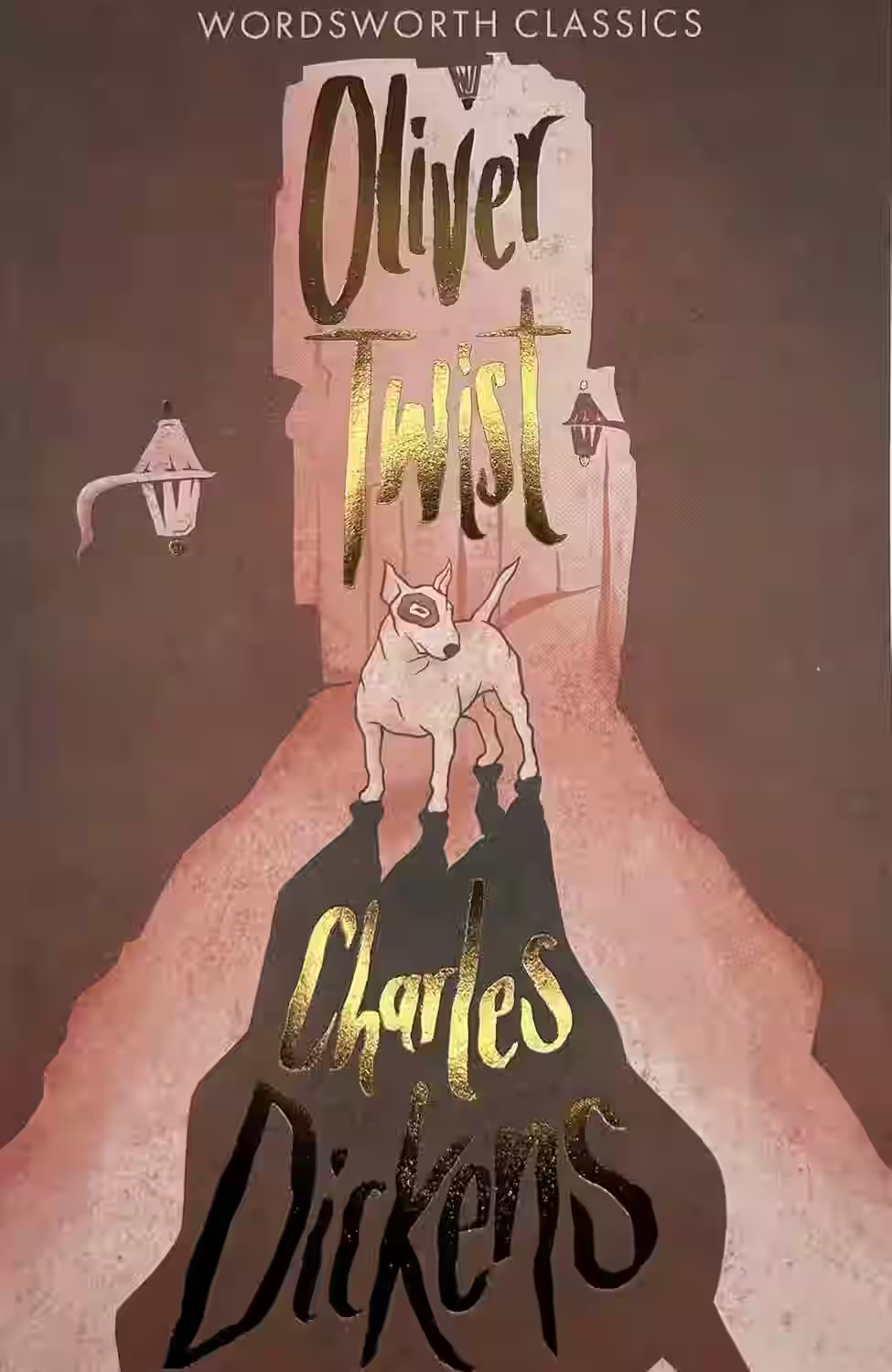
Oliver Twist
The story of Oliver Twist - orphaned, and set upon by evil and adversity from his first breath - shocked readers when it was published. After running away from the workhouse and pompous beadle Mr Bumble, Oliver finds himself lured into a den of thieves peopled by vivid and memorable characters - the Artful Dodger, vicious burglar Bill Sikes, his dog Bull's Eye, and prostitute Nancy, all watched over by cunning master-thief Fagin. Combining elements of Gothic Romance, the Newgate Novel and popular melodrama, Dickens created an entirely new kind of fiction, scathing in its indictment of a cruel society, and pervaded by an unforgettable sense of threat and mystery.
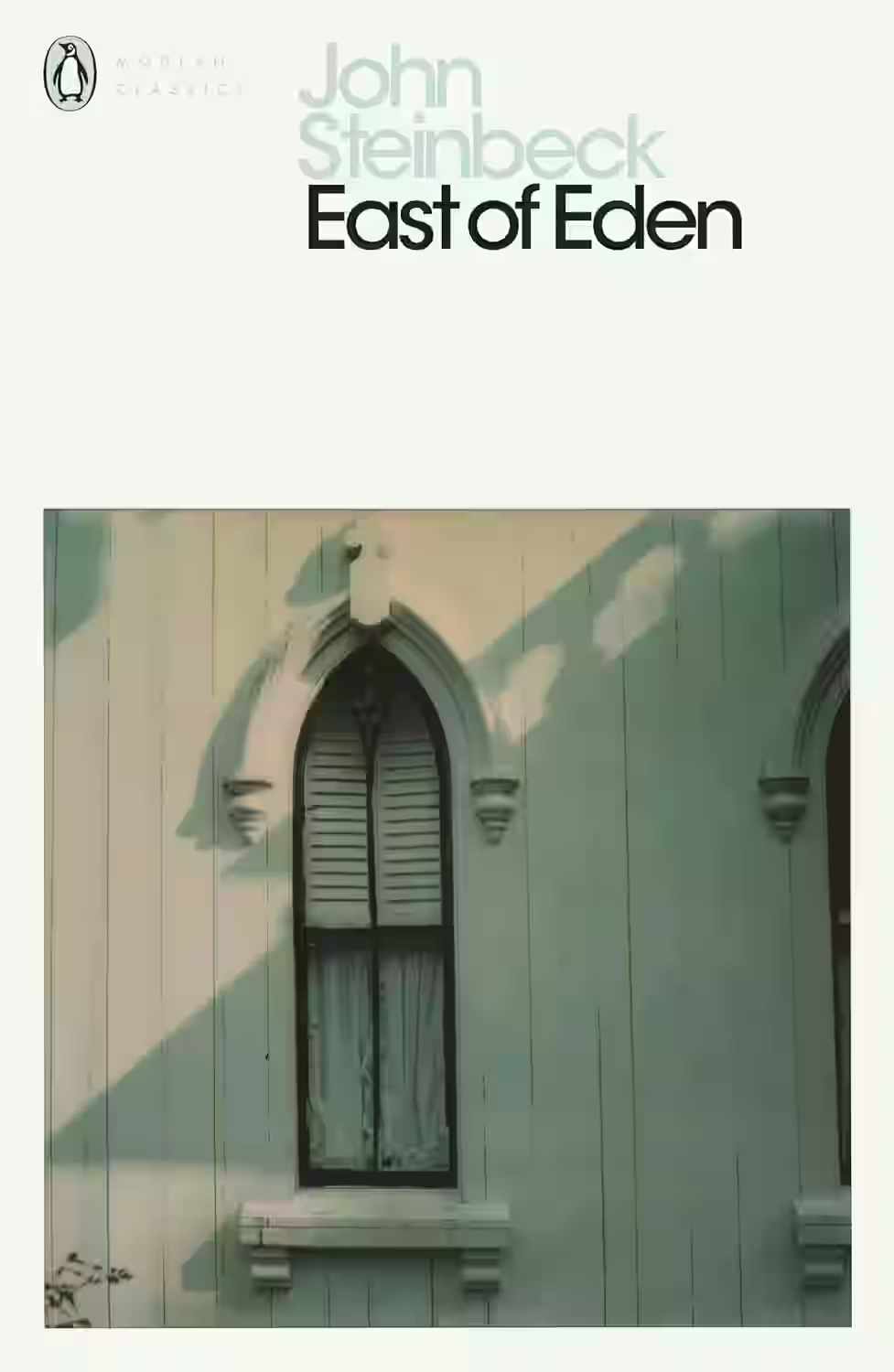
East of Eden
Set in the rich farmland of the Salinas Valley, California, this powerful, often brutal novel, follows the interwined destinies of two families - the Trasks and the Hamiltons - whose generations hopelessly re-enact the fall of Adam and Eve and the poisonous rivalry of Cain and Abel. Here Steinbeck created some of his most memorable characters and explored his most enduring themes- the mystery of indentity; the inexplicability of love, and the murderous consequences of love's absence.
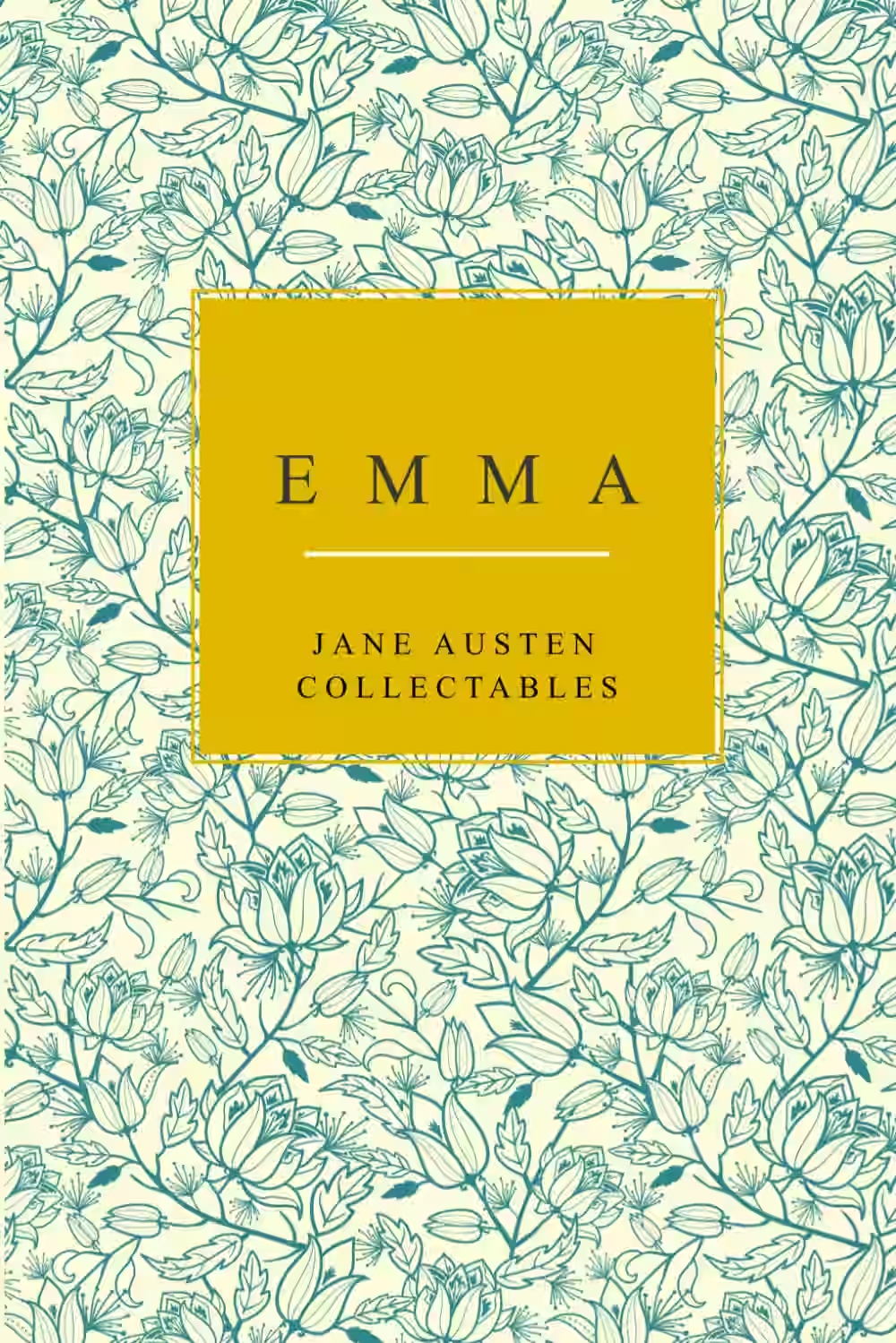
Emma
by Jane Austen
In Emma, Jane Austen crafts a witty and insightful portrait of a young woman who delights in matchmaking but misjudges her own feelings and those of others. Set in a quiet English village, the novel follows Emma Woodhouse as she navigates the social intricacies of love, class, and friendship. Though intelligent and charming, Emma’s meddling leads to misunderstandings that reveal her need for self-awareness. This classic novel explores personal growth and the pitfalls of pride with enduring humor and elegance.